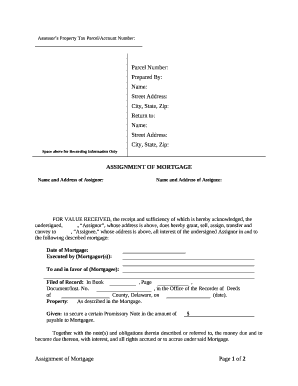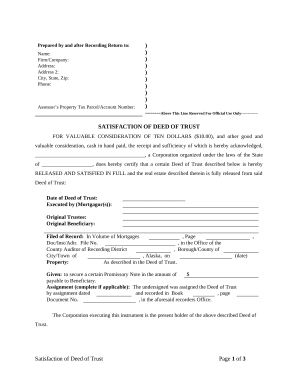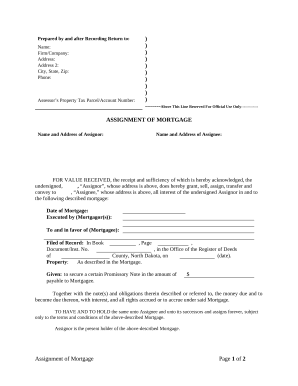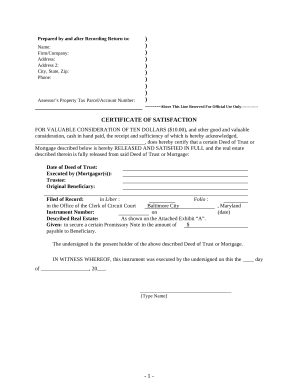







Document administration can overwhelm you when you can’t locate all of the documents you require. Luckily, with DocHub's considerable form library, you can get everything you need and swiftly manage it without changing between apps. Get our Legal Forms for Mortgages and Deeds and begin working with them.
Using our Legal Forms for Mortgages and Deeds using these easy steps:
Try out DocHub and browse our Legal Forms for Mortgages and Deeds category with ease. Get a free profile right now!